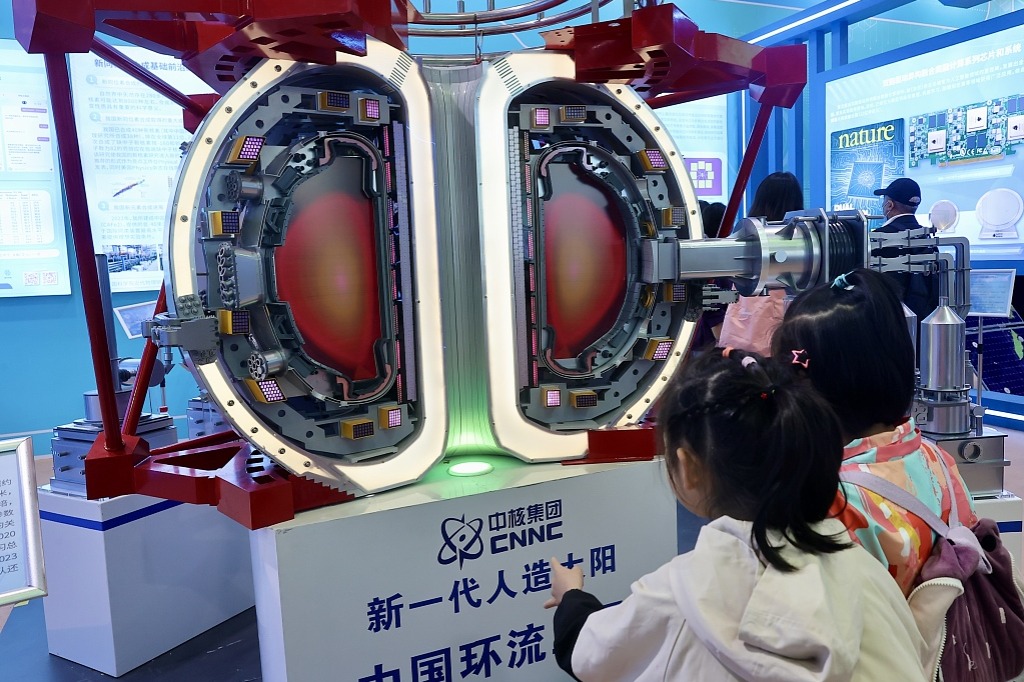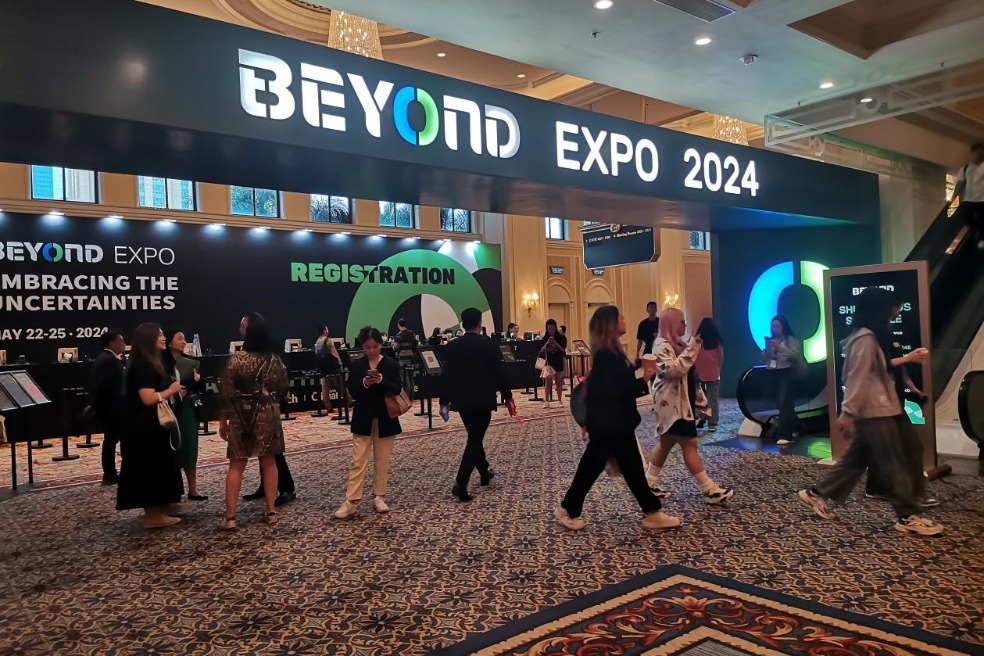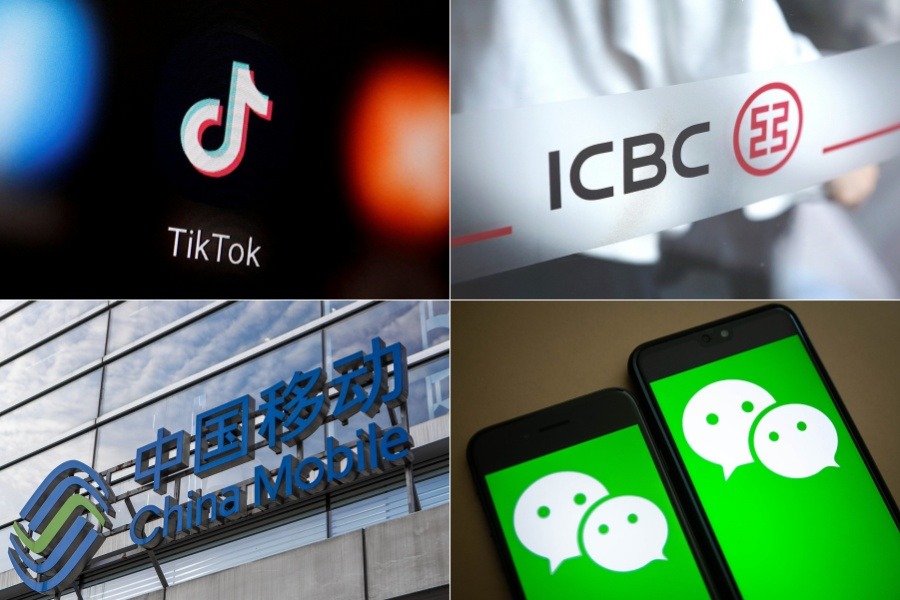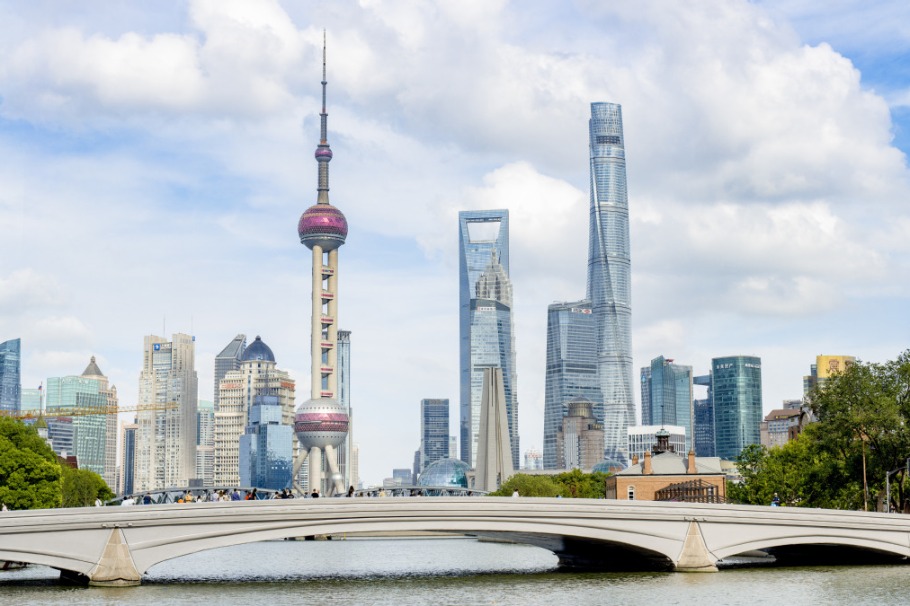Foreign markets eager for Chinese-built cars

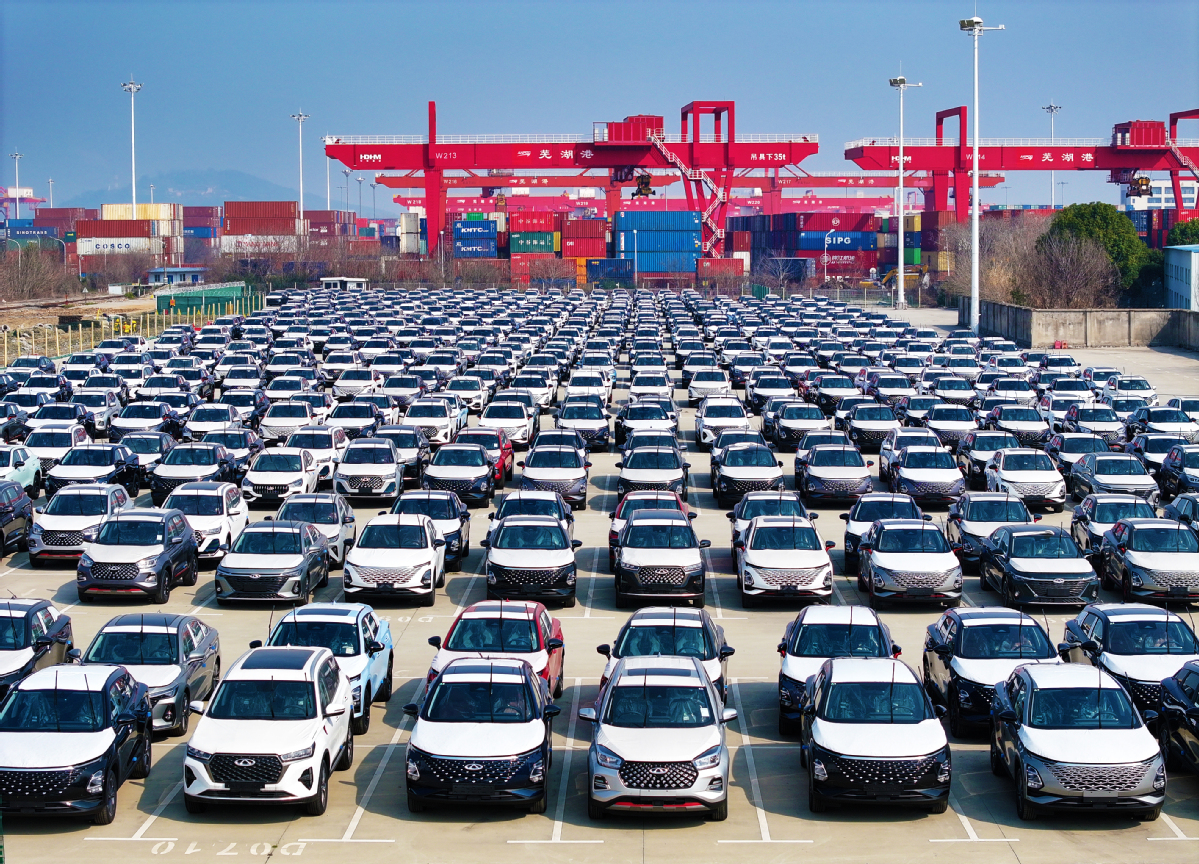
More than half a million vehicles exported by nation in April alone, show industry data
Chinese automakers have sped up efforts to expand in overseas markets despite a challenging environment.
The latest data from the China Association of Automobile Manufacturers show that 504,000 Chinese-made vehicles were shipped overseas in April, up 34 percent year-on-year. The vehicles included those from Chinese carmakers and international brands such as Tesla.
Exports in the first four months totaled 1.83 million units, up 33.4 percent from the same period of 2023. China replaced Japan to become the world's largest auto exporter in 2023.
Data show that more than 30 domestic brands export vehicles, with the top five comprising more than 40 percent of such exports.
Leading exporters like SAIC, Chery, BYD and Great Wall Motors have cemented their presence abroad by establishing distribution channels through local dealerships and building overseas factories to boost market share through localization.
Partnering with well-known international brands is also an effective strategy for expanding overseas, such as that between Chinese new energy vehicle startup Leapmotor and the European auto group Stellantis.
After 200 days of negotiation and regulatory approval, the two sides announced last week their joint venture, Leapmotor International, will start selling Leapmotor NEVs in September across nine European countries, including Belgium, France, Italy and Germany.
From the fourth quarter, the vehicles will be sold to countries in South America, the Middle East and Africa, as well as India and the Asia-Pacific region.
In addition to Leapmotor's domestic plants, its vehicles will be also produced at Stellantis factories overseas.
Leapmotor CEO Zhu Jiangming said: "Political and regional uncertainties in the future are likely to make it inevitable for Chinese NEV brands to manufacture globally."
His comments came as the United States announced last week additional tariffs on Chinese imports, including electric vehicles, lithiumion batteries, photovoltaic cells, semiconductors and other sectors.
Industry experts said that the tariff increase on China will have a limited effect, given that China's NEV exports are primarily to Europe, the Middle East and Southeast Asia. The US accounted for less than 0.5 percent of exports in 2023.
Meanwhile, in US EV models like the Mustang Mach-E and Tesla Model 3, 30-51 percent of the components are from China. Without affordable Chinese batteries and materials, these vehicles might become too costly for average US consumers, potentially hindering US electrification efforts, industry experts said.
According to research firm Data-Force, Chinese automakers captured more than 4 percent of the European market for the first time in March, selling 57,400 units, a 6.6 percent increase from 2023.
SAIC's MG brand led with a 10 percent increase to 25,642 units, while BYD saw a surge with 2,620 units sold. Xpeng also experienced substantial growth, selling 462 units.
Earlier in May, Xpeng partnered with Australian dealership TrueEV, marking its entry into the nation's market. It plans to launch the G6 SUV in Australia in the fourth quarter following dealership partnerships established in other regions like the UAE, Egypt, Thailand, Singapore, and China's Hong Kong and Macao.
Xpeng CEO He Xiaopeng announced at the 2024 Beijing auto show in April that they plan to expand their export destinations from three to more than 20 countries this year, aiming for half of their revenue to come from overseas markets in the future.
Brazil has emerged as a hot destination for Chinese cars. Data of Fenabrave, a dealership association of Brazil, show that Chinese automakers sold a total of 48,000 new vehicles in Brazil in the first four months of this year, marking an eightfold increase compared to the same period of 2023.
This is attributed to the growing demand for NEVs in Brazil. In 2023, the country's sales of pure electric and plug-in hybrid vehicles surged by 91 percent, reaching a record 94,000 units.
BYD led as the largest NEV brand in Brazil, with Chery and Great Wall Motors among the top five in NEV sales.
"Latin America is at the dawn of the EV era," said Brazilian auto industry expert Antonio Martins. "Consumers feel the novelty of the advanced technology and the middle class is buying the EVs due in part to affordable price ranges," he added.
Great Wall Motors has a factory in Brazil serving as its global intelligent manufacturing base, adhering to global standards and employing advanced production and quality management practices.
The automaker aims to increase its overseas sales to 500,000 units this year, marking a 59 percent year-on-year rise, and anticipates reaching 1 million units by 2030. In 2023, it achieved a record 314,000 vehicle deliveries outside China.




















